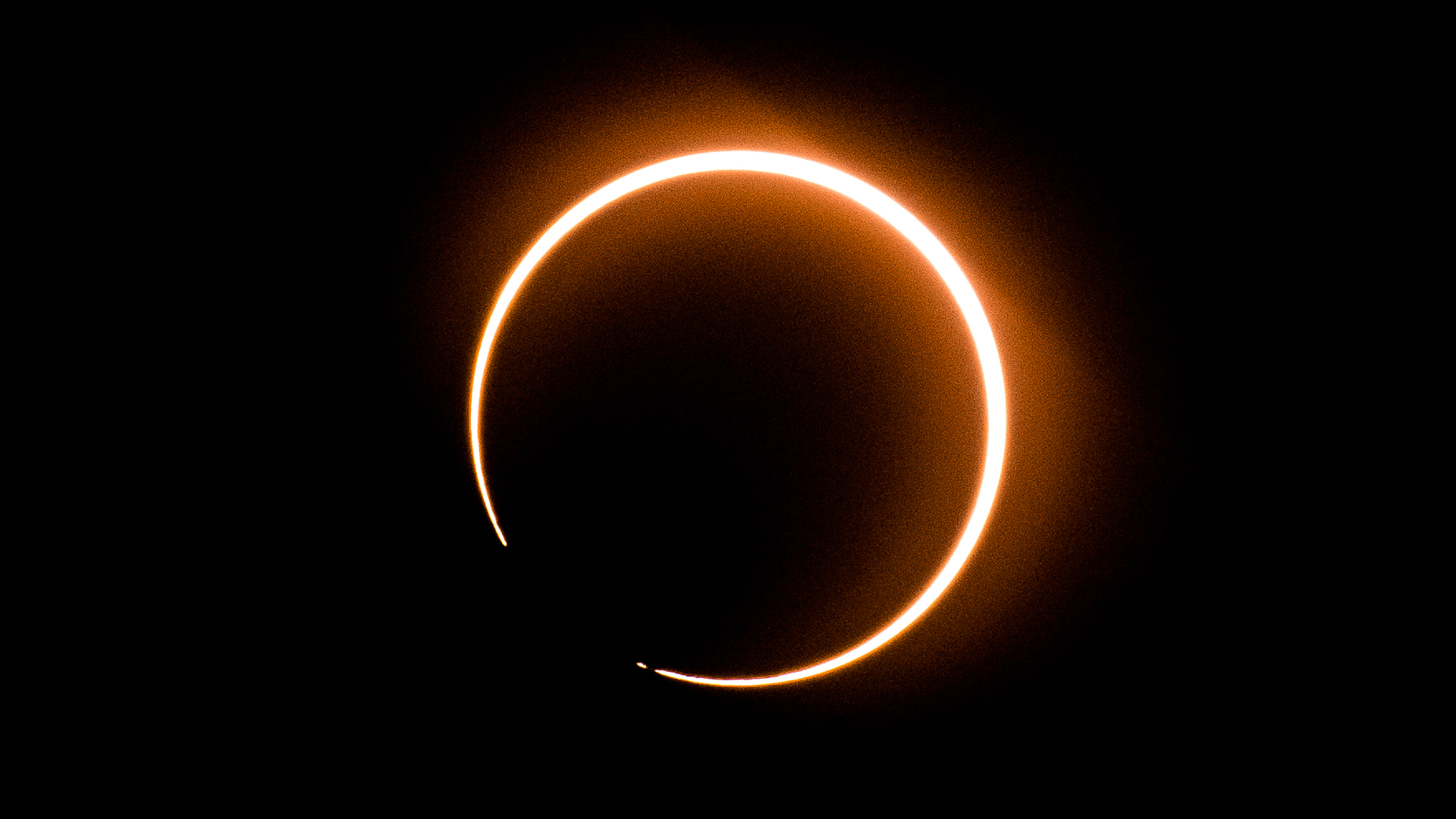Astra to acquire propulsion company Apollo Fusion for launches beyond low Earth orbit

Breaking space news, the latest updates on rocket launches, skywatching events and more!
You are now subscribed
Your newsletter sign-up was successful
Want to add more newsletters?

Delivered daily
Daily Newsletter
Breaking space news, the latest updates on rocket launches, skywatching events and more!

Once a month
Watch This Space
Sign up to our monthly entertainment newsletter to keep up with all our coverage of the latest sci-fi and space movies, tv shows, games and books.

Once a week
Night Sky This Week
Discover this week's must-see night sky events, moon phases, and stunning astrophotos. Sign up for our skywatching newsletter and explore the universe with us!

Twice a month
Strange New Words
Space.com's Sci-Fi Reader's Club. Read a sci-fi short story every month and join a virtual community of fellow science fiction fans!
Astra may make small rockets, but the company is dreaming big.
The Bay Area launch startup announced on Monday (June 7) that it's acquiring Apollo Fusion, a company that builds electric-propulsion spacecraft engines. The purchase price is $50 million — $30 million in stock and $20 million in cash, with the potential for an additional $95 million in "earn-outs" if Apollo Fusion meets some technical and revenue milestones.
The move will allow Astra to deliver customer payloads to a much wider variety of destinations, company representatives said.
"In addition to increasing Astra's total addressable market for launch services, the acquisition of Apollo Fusion accelerates Astra’s ability to efficiently deliver and operate spacecraft beyond low Earth orbit," Astra founder, chairman and CEO Chris Kemp said in a statement.
Video: Watch Astra's Rocket 3.2 launch on its 1st successful flight
Astra has developed a small-satellite launcher called Rocket 3, which reached space for the first time during a test flight last December. The company has lined up a number of customers for rides on the 38-foot-tall (12 meters) vehicle, including San Francisco-based Planet, which operates the world's largest constellation of Earth-observing spacecraft.
But Astra isn't content with just building rockets. The company is also developing a satellite bus and, as Space News reported Monday, plans to power it with Apollo Fusion's engines.
Breaking space news, the latest updates on rocket launches, skywatching events and more!
"The next puzzle piece is the vertically integrated spacecraft. So, as we started to look at that, what are the core technologies that drive that?" Kemp told Space News. "This engine is one of those key cornerstones of that space platform we’re building."
One of Astra's chief competitors in the small-satellite launch business, Rocket Lab, is taking a similar approach with its Electron booster and Photon spacecraft bus. Test versions of Photon have reached orbit on two of Electron's 20 launches to date, and the bus will ferry NASA's CAPSTONE ("Cislunar Autonomous Positioning System Technology Operations and Navigation Experiment") cubesat mission to the moon this fall.
Astra is also gearing up to go public via a merger with a special-purpose acquisition company, a move the startup announced in February. The transaction, when finalized, is expected to raise about $500 million, Astra representatives said at the time. The company expects to start trading on Nasdaq on July 1, Kemp tweeted on Monday morning.
Mike Wall is the author of "Out There" (Grand Central Publishing, 2018; illustrated by Karl Tate), a book about the search for alien life. Follow him on Twitter @michaeldwall. Follow us on Twitter @Spacedotcom or Facebook.

Michael Wall is a Senior Space Writer with Space.com and joined the team in 2010. He primarily covers exoplanets, spaceflight and military space, but has been known to dabble in the space art beat. His book about the search for alien life, "Out There," was published on Nov. 13, 2018. Before becoming a science writer, Michael worked as a herpetologist and wildlife biologist. He has a Ph.D. in evolutionary biology from the University of Sydney, Australia, a bachelor's degree from the University of Arizona, and a graduate certificate in science writing from the University of California, Santa Cruz. To find out what his latest project is, you can follow Michael on Twitter.
